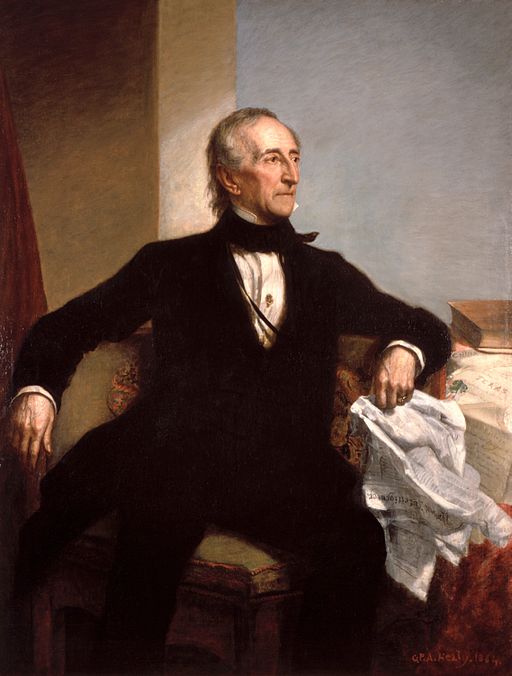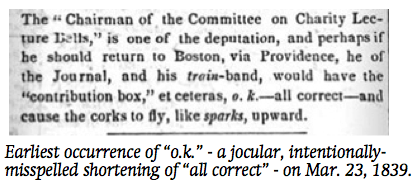By Michael Gerhardt
John Tyler remains one of the most interesting, active, and constitutionally significant presidents we have ever had.
To begin with, he is the first vice president to be elevated to the presidency because of the death of the incumbent, William Henry Harrison. Harrison died 31 days after his inauguration in 1841. Many congressional leaders and the cabinet believed that the vice president, Tyler, did not automatically become the president upon Harrison’s death. They argued that he merely became the acting president or remained the vice president but was eligible to use some of the powers of the presidency with the full power and authority of the office. Tyler contested the claim. In his first meeting with Harrison’s cabinet, he convinced them to accept the legitimacy of his claim to take the presidential oath. He persuaded skeptical congressional leaders as well. In doing so, he established a practice and understanding that was later enshrined within the Constitution in the Twenty-fifth Amendment and is still followed to this day.
Second, John Tyler is the only American president whose party expelled him while he was the president. Tyler had been a life-long Democrat who left his party to become the running mate of William Henry Harrison, a Whig, in 1840. After Tyler became the president, Whigs did not trust him. After he exercised power in ways that Whigs did not approve, they formally expelled him from the party. For the remainder of his presidency, Tyler was, as he himself said, a man “without a party.”

Third, throughout his presidency, Tyler battled successfully against congressional efforts to thwart a number of unique presidential powers. As a result, he successfully consolidated the nominating, removal, and veto powers of future presidents.
Fourth, Tyler was also the only president to have had virtually all of his cabinet resign in protest over his actions. When Tyler vetoed a tariff bill, which his entire cabinet thought he should sign, all but Secretary of State Daniel Webster resigned in protest. Tyler happily accepted their resignations and replaced all but Webster with people who actually supported him politically.
Fifth, Tyler set a record for the numbers of cabinet and Supreme Court nominations that were rejected or forced to be withdrawn. In fact, he made eight nominations to fill two Supreme Court vacancies, only one of which the Senate confirmed.
As a bonus, Tyler also took unilateral action to clear the path for Texas to become a state. Though the Senate refused to ratify a treaty which would have made Texas statehood possible, Tyler got a majority in the House and a majority in the Senate to approve an annexation bill. Tyler signed the annexation bill three days before leaving office.
Through all of these and other actions, Tyler made the presidency stronger, but at the cost of his own political fortunes. He left office widely politically unpopular and ended his days as a member of the Confederate Congress.
Michael Gerhardt is Samuel Ashe Distinguished Professor of Constitutional Law at the University of North Carolina, Chapel Hill. A nationally recognized authority on constitutional conflicts, he has testified in several Supreme Court confirmation hearings, and has published five books, including The Forgotten Presidents and The Power of Precedent. Read his previous blog posts on the American presidents.
Subscribe to the OUPblog via email or RSS.
Subscribe to only American history articles on the OUPblog via email or RSS.
Image credit: “Official White House Portrait of John Tyler” by George Peter Alexander Healy, February 1859. Public domain via Wikimedia Commons.
The post Five interesting facts about John Tyler appeared first on OUPblog.



